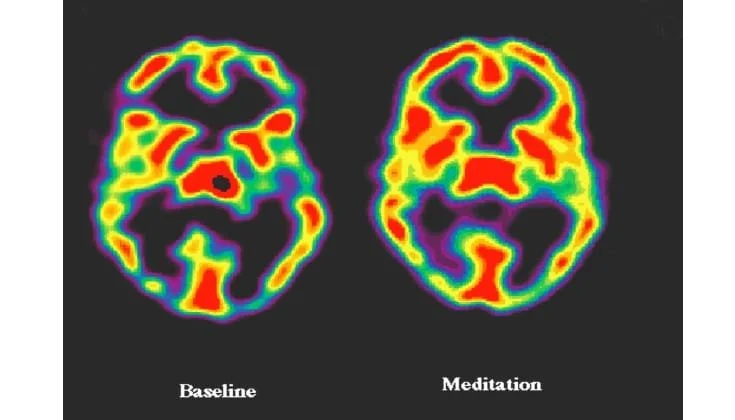Meditation has been shown to have various positive effects on the brain. Regular meditation practice can lead to changes in brain structure, function, and connectivity. Here are some ways in which meditation can impact the brain:
Increased gray matter: Studies have found that long-term meditators tend to have increased gray matter volume in certain areas of the brain. These areas include the prefrontal cortex, which is associated with attention, decision-making, and self-awareness, as well as the hippocampus, which plays a role in memory and learning.
Improved focus and attention: Meditation practices that involve focusing attention, such as mindfulness meditation, can enhance the ability to sustain attention and resist distractions. This improvement is often associated with changes in the prefrontal cortex, which is involved in regulating attention.
Emotional regulation: Meditation has been shown to impact the brain's emotional processing centers, such as the amygdala. Regular meditation practice can lead to decreased activation of the amygdala, resulting in reduced reactivity to emotional stimuli and improved emotional regulation.
Reduced stress response: Meditation activates the relaxation response and can help reduce the physiological and psychological effects of stress. Studies have shown that regular meditation practice can lead to decreased activity in the amygdala and reduced release of stress hormones like cortisol.
Enhanced self-awareness and introspection: Meditation encourages self-reflection and self-awareness. It can activate the default mode network (DMN), which is associated with mind-wandering, self-referential thoughts, and introspection. Strengthening the DMN through meditation can enhance self-awareness and introspective abilities.
Improved cognitive abilities: Certain forms of meditation, such as focused attention or mindfulness practices, have been found to enhance cognitive functions like working memory, attentional control, and cognitive flexibility. These improvements are thought to arise from changes in brain networks involved in attention and executive functions.
It's important to note that the specific effects of meditation on the brain can vary depending on the type and duration of practice, as well as individual differences. The brain is a complex organ, and research in this field is ongoing to further understand the mechanisms behind the effects of meditation.
